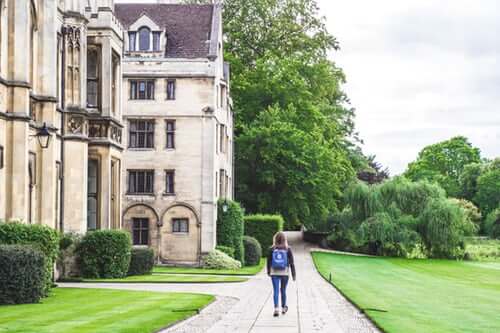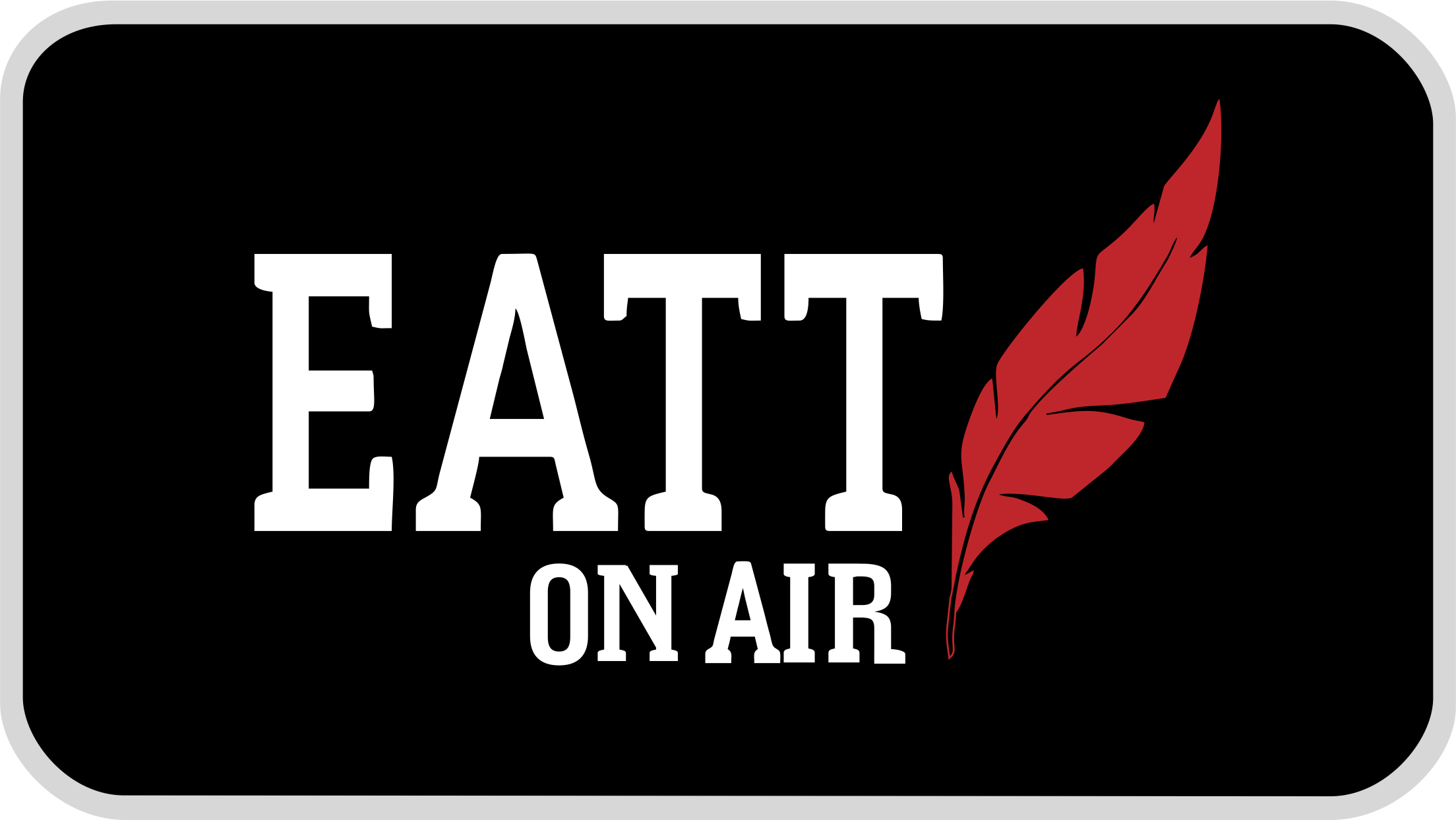Learning to read English and stories from the Great hall at the University of Sydney
Podcast: Play in new window | Download
Subscribe: Apple Podcasts | Android | RSS
Learning to read English stories in the Great hall at the University of Sydney
In part one of our interview with Cullen and Fran, we learned of the amazement of Elizabeth I of England being so literate and being able to read and write in part one of our interviews.
Straight from the heart of Australias leading higher education university
Henry VIII, King of England (1491 – 1547) also wrote poetry including The Time of Youth is to be Spent and Green Growth the Holly were just two of his poems.
A sample from a letter below written in Italian and an italic hand to who the recipient was Elizabeth’s stepmother, Queen Catherine Parr and in it is said in the translation into English
A unique Australian cultural institution
From the intriguing to the macabre, the Nicholson Museum provides insight into the minds of the archaeologists, collectors, and curators who have contributed to making our museum a unique Australian cultural institution.
http://sydney.edu.au/museums/
Interestingly international students and visitors graduating or not in the Great hall at the University of Sydney speak a wide range of languages from around the world also and the University of Sydney ranked again just recently in world’s top 50 universities.
https://sydney.edu.au/news-
Studying full time in Sydney
If you are considering full-time study as you may be able to apply for a student concession Opal Card online.
This can save you a lot of money for Buses, Ferries, and Trains throughout Sydney. Check it out once you have been enrolled and verified via the universities student records.
The university-run accommodation, which is furnished rooms with kitchens/bathrooms shared with a small group of others (some have their own facilities, obviously at a higher rate).
There you meet a wide range of people, plus you pretty much get your own space and can keep to yourself if you want, or socialize if you want that too.
It also has the added advantage of everyone there being a student at the uni so you’ve got that in common — parties during STUVAC are also not likely to happen.
However, Iglu is another option
It’s not University affiliated (that we know of) but runs similar setups with shared rooms, as well as private studios (you get a bedroom, small private bathroom, small private kitchenette with microwave and stovetop, access to communal ovens and other supplies, etc).
Its location is convenient and very close to USyd (~15-30 minute walk depending on where you are and where your class is).
It appears to have a good community vibe, again mostly students (many international, but locals as well), and a beautiful area close to shops and entertainment and parks.
Finally, if the budget is an issue, you can find a small houseshare or temporary 1-month accommodation to book before you arrive, and use flatmate finder or flatmates or gumtree to find a shared house.
This can help expose you far more frequently to the rest of Sydney, and to lots of working professionals and such, though there are plenty of students to meet in that space too!
Are you wanting to settle in University and get the most out of your university experience?
4 Tips for Studying at the University of Sydney for First Year Students and International Students:
Top tips for First Year students and International Students:
1. Join a club or society that interests you
There are hundreds of clubs and societies for all types of interests, and you can find something that interests you and somewhere, where you can meet like-minded people that share the same interests as you.
Here is the list of clubs and societies offered at USYD.
2. Embrace and enjoy the campus culture
Go to university events such as camps, parties, and meetups to meet new people and find new friends to prepare you for University.
3. Get organized
Get ready for the University by buying your textbooks, getting all your stationery and all the programs that are needed on your computer for the uni semester to begin.
4. Allocate your time to what best suits you
To be productive and get the most out of learning, make sure you allocate your timetable to your strengths and needs. If you are not a morning person, it is best not to allocate all of your tutorials at 8 am.
5. Read the Unit Guide of each of your subjects before the semester starts
This helps you understand the important dates of when your assignments will be due, when your exams and tests are and gives you a great outline of what you are going to learn.
Be flexible with your timetable and know your strengths.

Studying as an overseas student at the University of Sydney
If you are an International student that has just arrived in Sydney, your number one priority is accommodation.
Accommodation in Sydney can be quite expensive and hard to find so we have found the best resources for you to find the best place for you to stay.
Live On-campus: University of Sydney
The University of Sydney offers a range of on-campus accommodation offers to suit different lifestyles.
What are the benefits of living on campus?

Convenience: This is one of the best things about living on-campus is how you live minutes away from your class.
You can enjoy sleeping in and not have to worry about traffic or public transport being late.
Great opportunity to make friends: You have so many people that live with you and so many options of social activities and create long-lasting bonds with people you live with can help you ease into life in Australia.
What are the cons of living on-campus?
Sometimes it can be quite expensive
Might not suit your lifestyle – you might prefer living with friends or in the city.
The USYD Rent starts from $310 per week (during the semester), which includes breakfast and dinner.
Included in your Rent:
Fully-furnished private bedroom
Breakfast and evening meals seven days a week
Shared bathroom, living areas, dining room, coin-operated laundry
Furnishings include a single bed, desk, study chair, desk lamp, heater, and wardrobe.
Utilities, including internet access and weekly cleaning
Parking
You can see all the USYD on-campus offers here.
Living off-campus:

If you prefer to live off-campus there many resources that help you find the best place for your stay.
Iglu is one option for living off-campus. It’s running a similar setup to USYD with shared rooms, as well as private studios (you get a bedroom, small private bathroom, small private kitchenette with microwave and stovetop, access to communal ovens and other supplies, etc).
The locations are very close to USyd (~15-30 minute walk depending on where you are and where your class is). The area is also close to shops and entertainment and parks, etc.
Another resource is Unilodge.
You can also find a small house share or temporary 1-month accommodation to book before you arrive, and use Flatmate Finder, Flatmates or Gumtree to find a shared house. This will expose you far more frequently to the rest of Sydney and working professionals.
What are the benefits of living off-campus:
- You get more living space depending on your accommodation arrangement
- Save money – many times living off-campus is much cheaper than on-campus
- More freedom and more choices
What are the cons of living off-campus:
- Not as many opportunities to make friends
- Travel times to Uni
Scholarships: The University of Sydney has many scholarships available for international students. There are also scholarships that are funded by the government and various industries.
Because of the variety of scholarships on offer, the eligibility criteria for each of them are different. Please read through the conditions of the scholarships thoroughly before applying.
Here are the scholarships on offer for International Students.
Studying for exams:
Exams are going to come and to avoid you all the stress, here are some tips to prepare for exams.
1. Start early
You can never be too early to start for an exam. Trust me, it’s so much better to start revising early.
To revise, rewatch the lectures of topics you are unfamiliar with and read through the textbook for essential points.
2. Practice old exams
One of the most effective ways to prepare for exams is to practice taking past versions. This helps you get used to the format of the questions, and – if you time yourself – can also be good practice for making sure you spend the right amount of time on each section.
3. Know what will be tested

There is no point on revising on topics that are not going to be tested.
So make sure you read the unit guide and start making notes on just the main topics.
4. Use your tutors and lecturers
The University has allocated times for tutors to consult during the semester and especially during SWOTVAC. Use them. Ask them everything that you don’t understand and ask them tricks of specific topics and exam questions.
5. Organise study groups with friends
Get together with friends for a study session. You may have questions that they have the answers to and vice versa. As long as you make sure you stay focused on the topic for an agreed amount of time, this can be one of the most effective ways to challenge yourself.


